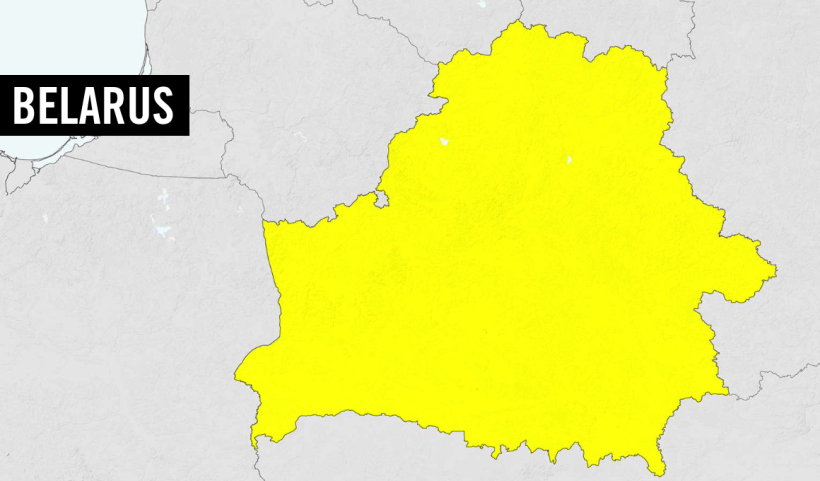Civic Education for Belarus: Working from Abroad
Discussion “Civic Education for Belarus: Working from Abroad” was held online on October 2022. The event was attended by 18 persons who represented Belarusian providers of civic education that work from outside of Belarus and target Belarusians living both in Belarus and abroad.
The main goals of the discussion were to reflect on the current situation with Belarusian civic education, including sharing existing practices, identification of challenges and priorities for civic education as well as opportunities for cooperation between providers of civic education who work from abroad.
- Definition of civic education
Participants of the event were proposed to present their understanding of civic education in application forms for the discussion. Results of the analysis of proposed definitions had been presented and discussed during the event.
According to the participants, in contemporary Belarusian context civic education means education, training, information, awareness-raising, practices and activities which aim at promoting active citizenship, by equipping learners with knowledge, skills and developing their attitude, to empower them to exercise and defend their rights, to value national Belarusian culture and diversity, and to play an active part in democratic life, with a view to the promotion and protection of democracy, human rights and the rule of law.
- Current frame of work and stakeholders
Belarusian state authorities in July 2021 started the campaign aimed at liquidation of the Belarusian civil society. More than 1000 CSOs had been deregistered by now, leaders and activists had to relocate abroad in 2021-22, including the most active providers of civic education.
It is dangerous to conduct any offline civic education activities in Belarus, since they are considered as “preparation for anti-governmental activities” and criminalized.
Two existing options to provide civic education for Belarusians living in Belarus are: (1) conducting online activities and (2) bringing participants abroad and conducting civic education events there.
Nevertheless, digital safety and security (DSS) measures needed for the first option. The second option is not safe either, since all international travels are under the control of special services.
As a result of repressions, from 250 000 to 1 000 000 Belarusians left the country and currently reside abroad. This is also a target group for civic educators who conduct corresponding activities from outside of Belarus.
The most active providers of civic education working for Belarusians both residing in Belarus and abroad took part in the discussion. They also identified other stakeholders who are currently interested in the development of Belarusian civic education.
- Challenges and needs (suggestions) for civic education in Belarus
According to the participants of the discussion, main challenges for civic education in Belarus include
– unfriendly political environment and context of the War in Ukraine;
– fear and lack of trust in the society that result in difficulties to access the target groups;
– professional burn-out of civic educators;
– tiredness from online education; lack of information on civic education because of DSS measures;
– lack of innovative methods and tools;
– impossibility of planning strategically;
– lack of funding.
Suggestions:
– to develop quality civic education programs for Belarusians residing both inside and outside of Belarus;
– to facilitate networking between providers and graduates of civic education programs;
– to promote values of democracy, human rights and national identity;
– to train active and responsible educators.
As a result of the event a telegram group was created to provide networking and communication opportunities for participants of the event.
The discussion has been funded by the Federal Agency for Civic Education using funds appropriated by the Federal Foreign Office, Expanding Cooperation with Civil Society in the Eastern Partnership Countries and Russia (Eastern Partnership Programme).


